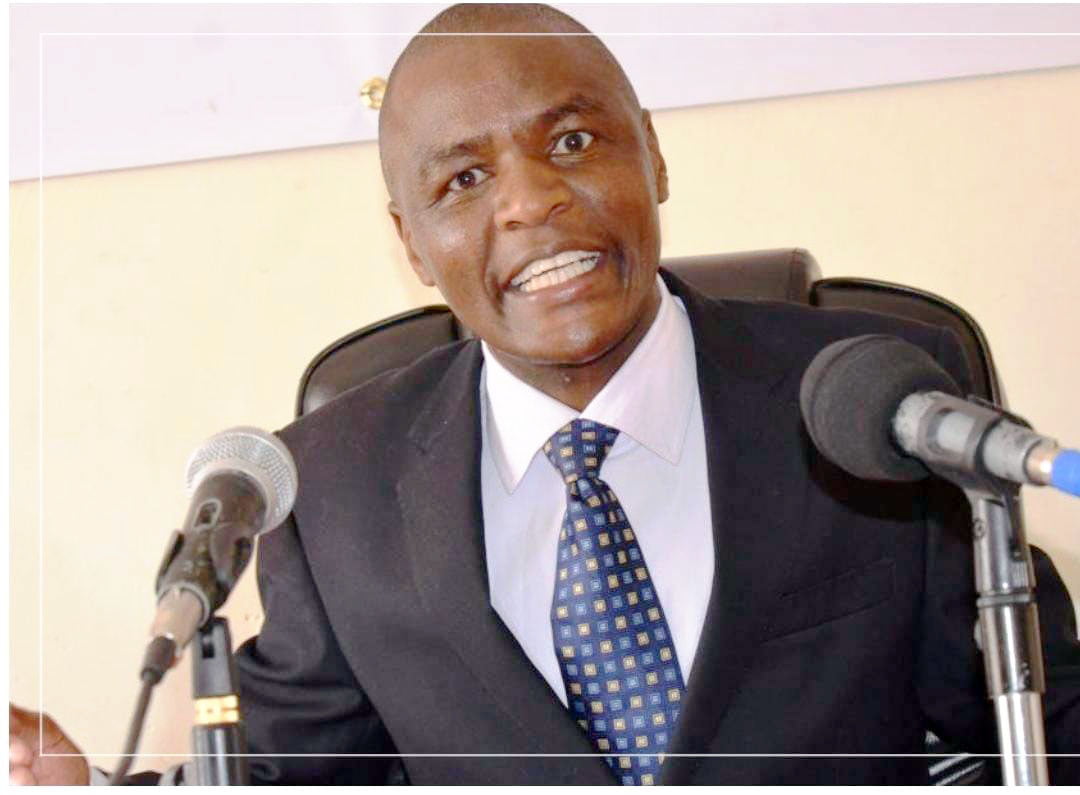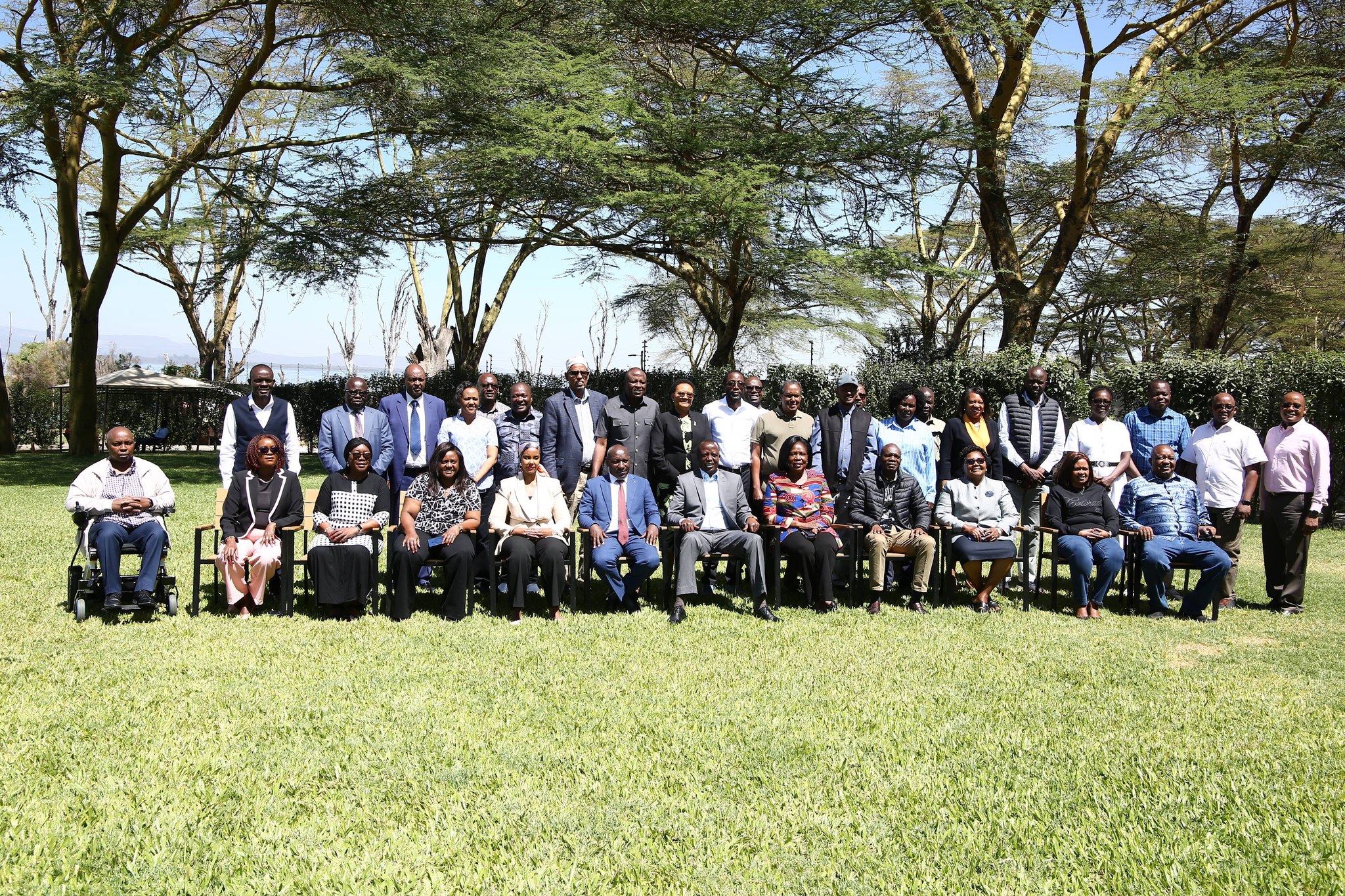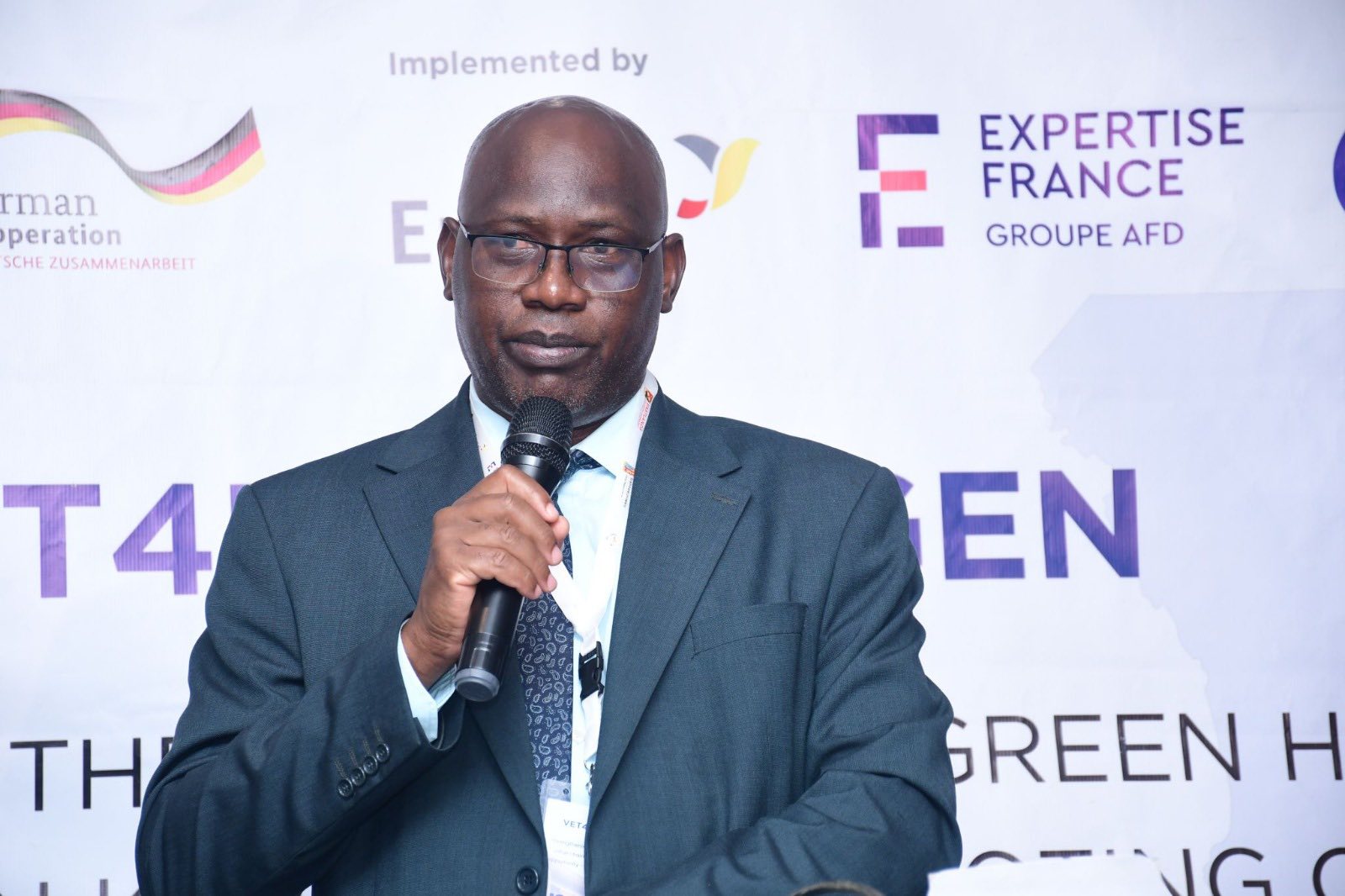As the world celebrated World Teachers’ Day, more than 1,200 teachers in Murang’a County said they had nothing to celebrate, accusing the government of planning to reduce or scrap hardship allowances in designated hardship areas.
The educators, through the Kenya Teachers in Hardship and Arid Areas Welfare Association (KETHAWA) led by its secretary Ndung’u Wangenye have filed a case against the government to stop what they call an unjust and unconstitutional move. According to the association, the decision to scrap hardship allowance in designated regions violated the social, economic, and cultural rights of teachers as enshrined in the Constitution.
The petition also challenges the government’s reliance on the 2019 Inter-Agency Technical Committee Report, which proposed reclassifying hardship zones and de-gazetting others. “We know the document wanted to reclassify areas as extreme hardship, moderate hardship and another degazetted completely. We know that one of the areas that was to be degazetted completely is Murang’a, affecting over 1861 teachers,” said a representative from the association.
During various teaching barazas held across the country, teachers accused the government of making unilateral decisions without adequate public participation. One teacher said, “We cannot allow that one to take place. What I want to tell the teachers is that you maintain your calm. We are fighting for you in Court. The one sure Court will give us justice. Because the issues we have presented are serious, we cannot ignore them. We will fight to the end if somebody is trying to take away the little coin that teachers receive.”
Other teachers echoed similar sentiments, warning that the move would have far-reaching consequences on their well-being. “Scrap allowance will affect us morally, socially and economically,” said another teacher.
READ ALSO:
A dream deferred no more: Teacher’s 9-year wait ends with TSC employment letter
The hardship allowance was introduced decades ago to compensate public servants working in harsh, remote, or insecure regions where living and working conditions are challenging. For teachers, it has served as a vital lifeline—helping offset the high costs of transportation, food, and accommodation in areas where government services and infrastructure are limited.
In 2019, an Inter-Agency Technical Committee comprising the Salaries and Remuneration Commission (SRC), the Teachers Service Commission (TSC), and the Public Service Commission (PSC) carried a review to reclassify hardship areas and the report suggested categorising existing hardship zones into three categories: extreme, moderate, and non-hardship, with the latter slated for degazettement.
Murang’a County was among the areas proposed for removal from the hardship category, meaning over 1,861 teachers would lose the monthly allowance. The affected educators argue that conditions in some parts of Murang’a—especially the hilly, drought-prone, and flood-vulnerable areas—still meet the criteria of hardship zones due to poor infrastructure, insecurity, and high living costs.
The case now before the Employment and Labour Relations Court, presided over by Justice Hellen Wasilwa, aims to suspend implementation of the 2019 report.
In the petition, the association, led byWangenye, argued that the report was adopted without adequate public participation and would unfairly disadvantage teachers serving in remote and harsh regions. They contended that the proposed reclassification violated constitutional rights, including fair labour practices and equality in remuneration.
The Employment and Labour Relations Court has issued an injunction stopping the government from implementing recommendations that would have scrapped or reduced hardship allowances for teachers and other public officers.
Justice Hellen Wasilwa granted the temporary orders following a petition filed by the which challenged the 2019 Inter-Agency Technical Committee Report on Hardship Areas Reclassification.
In the petition, the association, led by its Wangenye, said that the report was adopted without adequate public participation and would unfairly disadvantage teachers serving in remote and harsh regions.
They said that the proposed reclassification violated constitutional rights, including fair labour practices and equality in remuneration.
Justice Wasilwa certified the case as urgent, noting that the matter affected thousands of teachers and public servants nationwide. She subsequently issued conservatory orders barring the SRC, TSC, PSC, the Prime Cabinet Secretary’s office, and the Attorney General from enforcing or acting upon the contested report.
By Joseph Mambili
You can also follow our social media pages on Twitter: Education News KE and Facebook: Education News Newspaper for timely updates.
>>> Click here to stay up-to-date with trending regional stories
>>> Click here to read more informed opinions on the country’s education landscape
>>> Click here to stay ahead with the latest national news.






